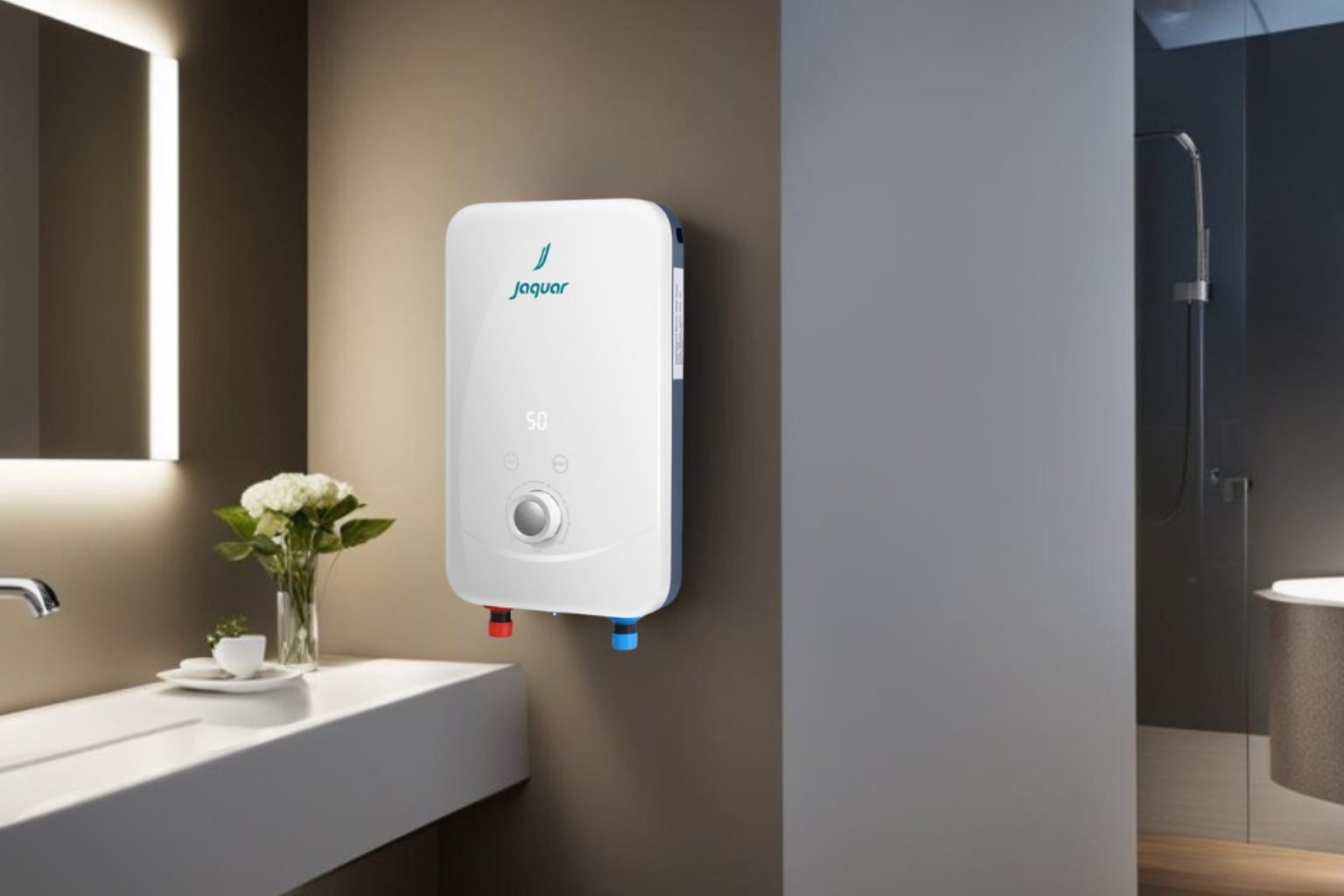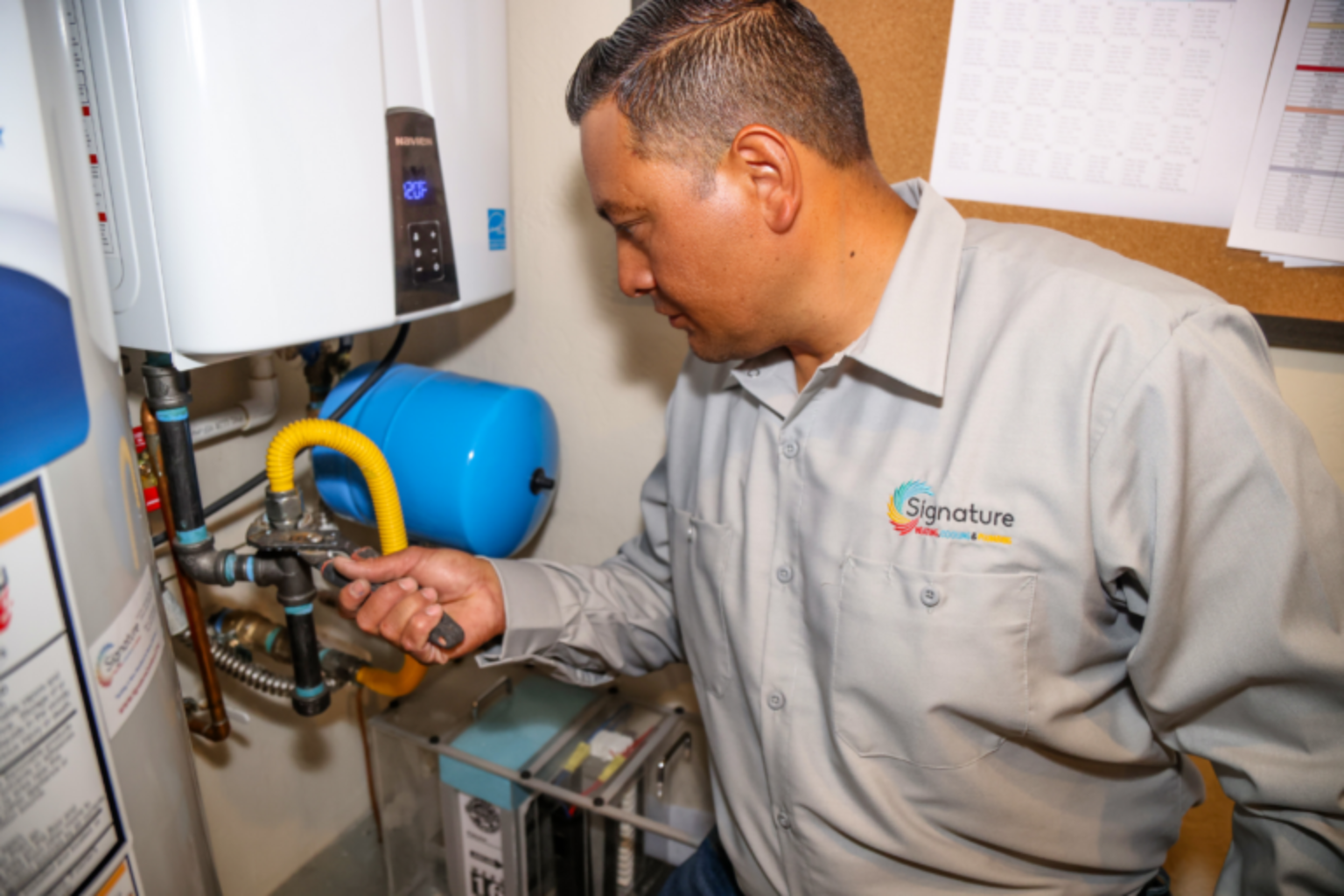When it comes to plumbing issues in your home, the question often arises: Should you tackle the problem yourself or hire a professional plumber? With the rise of DIY culture and countless online tutorials, many homeowners are tempted to handle plumbing repairs on their own. However, knowing when to call a professional can save you time, money, and stress in the long run. In this comprehensive guide, we’ll explore the pros and cons of DIY plumbing versus professional plumbing, helping you make an informed decision for your home.
Understanding Plumbing Challenges
Plumbing is a complex system involving pipes, fixtures, and appliances designed to manage water flow and waste disposal. Problems can range from minor leaks to major blockages, and the right approach depends on the issue’s severity.
DIY Plumbing
Many homeowners opt for DIY plumbing projects to save money and gain a sense of accomplishment. Simple tasks like unclogging a sink or replacing a faucet are often manageable with basic tools and guidance from online resources. Here are some common DIY plumbing tasks:
- Unclogging Drains: Using a plunger or a drain snake can resolve minor clogs in sinks, showers, and toilets.
- Replacing Faucet Washers: If your faucet is dripping, replacing the washer might stop the leak.
- Fixing Leaky Pipes: Small leaks can sometimes be patched with plumber’s tape or epoxy.
Advantages of DIY Plumbing
- Cost Savings: Avoiding labor costs can make DIY plumbing appealing for minor repairs.
- Flexibility: You can work on the problem at your convenience, without waiting for an appointment.
- Learning Experience: DIY projects can be educational, helping you understand your home’s plumbing system better.
Disadvantages of DIY Plumbing
- Risk of Further Damage: Inexperienced attempts can lead to more severe issues or damage to existing plumbing.
- Time-Consuming: DIY repairs can take longer, especially if you encounter unexpected complications.
- Lack of Expertise: Without professional knowledge, you may misdiagnose the problem or use incorrect techniques.
When to Call a Professional Plumber
While DIY plumbing can handle some tasks, certain situations require the expertise of a professional plumber. Here’s when you should consider calling in the pros:
- Complex or Persistent Issues: If a problem persists despite your efforts, it might be a sign of a deeper issue that needs professional assessment.
- Major Repairs: Issues like burst pipes, significant leaks, or faulty water heaters often require specialized tools and knowledge.
- Code Compliance: Professional plumbers ensure that repairs and installations meet local building codes and regulations.
- Emergency Situations: In cases of significant leaks, water damage, or sewage backups, a professional can address the problem promptly to prevent further damage.
Benefits of Professional Plumbing
- Expertise and Experience: Professional plumbers have the training and experience to diagnose and fix issues accurately.
- Proper Tools and Equipment: Professionals use specialized tools that are often necessary for complex repairs.
- Guaranteed Work: Many plumbers offer warranties on their work, providing peace of mind and protection against future problems.
- Compliance with Codes: Professionals ensure that repairs are up to code, which is crucial for safety and resale value.
How to Choose the Right Professional Plumber
If you decide to hire a plumber, selecting the right professional is key. Here are some tips for choosing a reputable plumber:
- Check Credentials: Ensure the plumber is licensed and insured. This protects you from liability in case of accidents or damage.
- Read Reviews: Look for online reviews and ask for recommendations from friends or family to gauge the plumber’s reputation.
- Get Multiple Quotes: Obtain quotes from several plumbers to compare prices and services.
- Ask About Experience: Inquire about the plumber’s experience with your specific issue to ensure they have the relevant expertise.
DIY Plumbing vs. Professional Plumbing: Making the Decision
Deciding whether to tackle a plumbing issue yourself or hire a professional depends on various factors, including the complexity of the problem, your skill level, and the potential risks involved. Here are some considerations to help you make the right choice:
- Assess the Problem: Determine the severity of the issue. Simple problems like a clogged drain might be manageable on your own, but more complex issues may require professional help.
- Evaluate Your Skills: Consider your plumbing knowledge and experience. If you’re unsure about your abilities, it’s safer to hire a professional.
- Consider Time and Costs: Weigh the cost of hiring a plumber against the potential cost of further damage if a DIY repair goes wrong.
- Think About Safety: Some plumbing issues can pose safety risks, such as gas leaks or significant water damage. In these cases, a professional’s expertise is crucial.
Conclusion
Choosing between DIY and professional plumbing involves evaluating the complexity of the issue, your skills, and the potential risks. While DIY plumbing can be cost-effective for minor repairs, hiring a professional is often the best choice for complex or emergency situations. By understanding when to call a pro, you can ensure your plumbing system remains in top condition and avoid costly mistakes. Whether you’re tackling a simple task or dealing with a major problem, making an informed decision will help you maintain a functional and safe home plumbing system.





